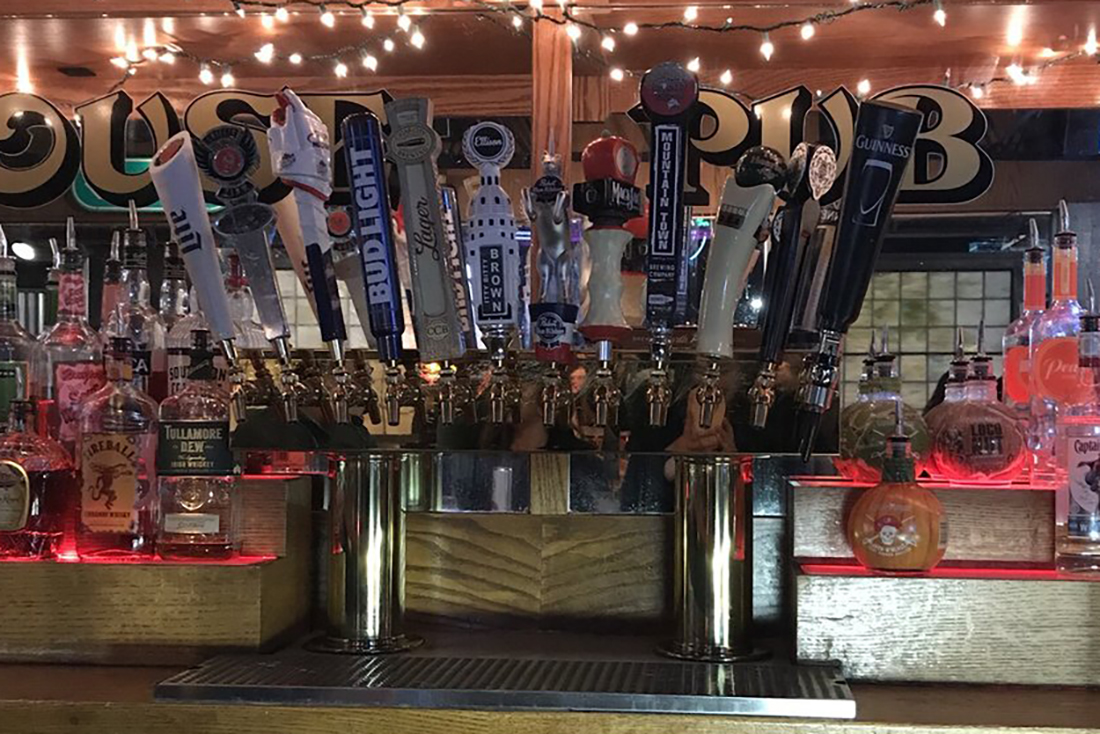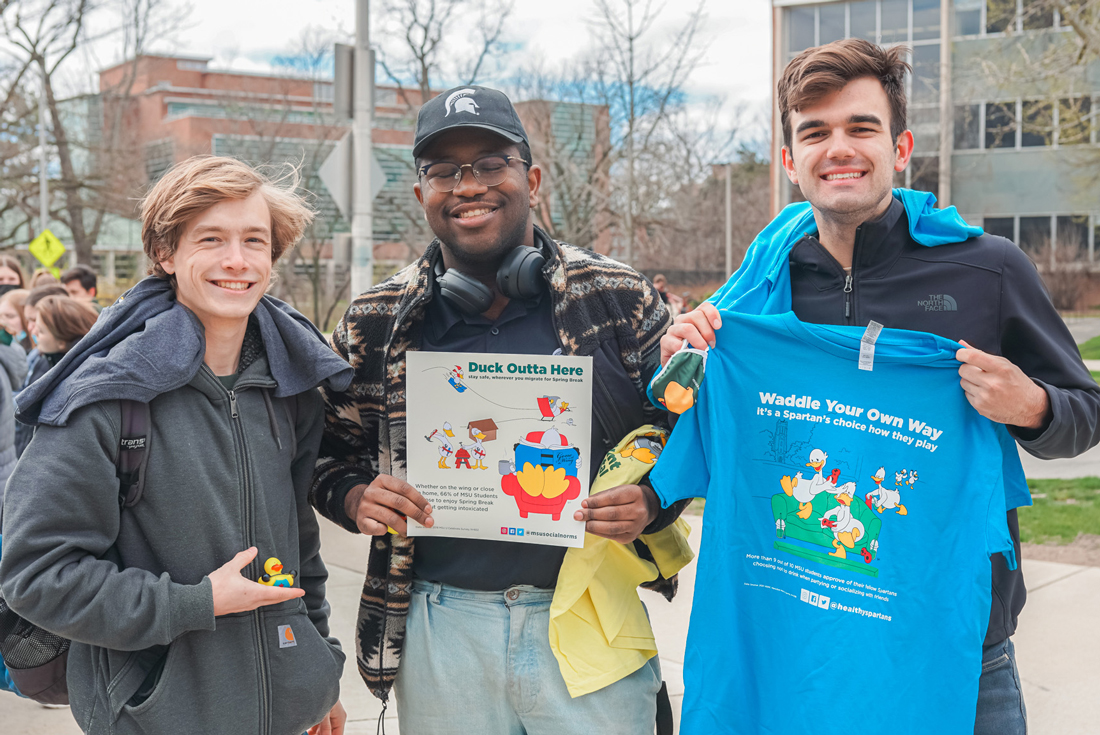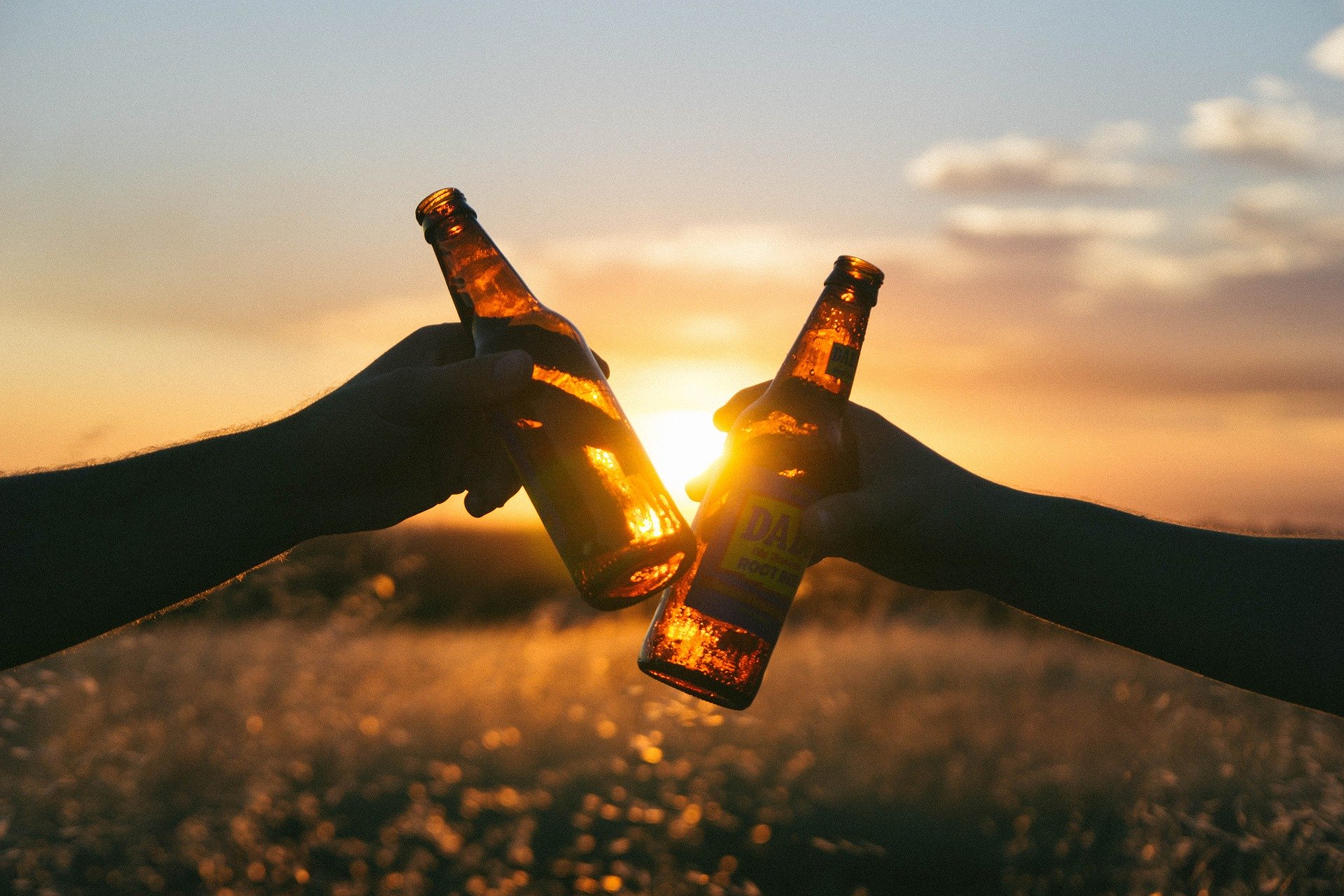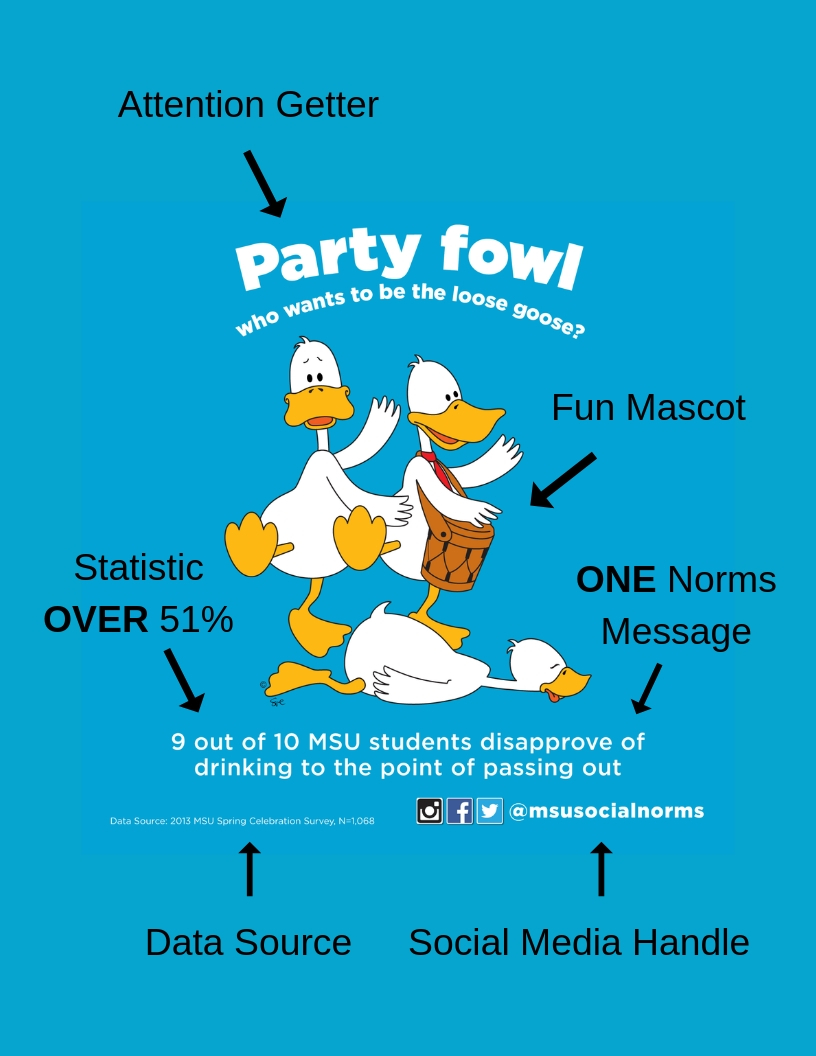Bystander Training for Drinking Situations among College Students
How can bystanders become rescuers? Bystander training programs help give individuals skills and confidence to intervene in risky situations like sexual violence, bullying, drug overdoses, and drunk driving. However, people intervening often face dilemmas in balancing concern for the safety of others with maintaining their own social status in the larger group. A recent study (White & Malkowski) described 2 alcohol-related scenarios and the ways that college-age bystanders frequently respond to help. This study can help in the development of campus bystander promotion programs.
| Situation Observed | Bystander’s goal | Possible bystander interventions |
| A man aggressively flirting with a woman who appears intoxicated | Inquire | Inquire whether woman is ok, whether she wants help getting away from man |
| Insert | Insert oneself into the conversation, make excuse to make the woman or man go elsewhere; prevent the couple from isolating | |
| Warn | Warn man that the woman is impaired and cannot consent to sexual activity | |
| A drinking game participant who appears drunk and says he wants to stop playing, but other participants urge him to keep playing | Substitute | Find someone else to play game in place of drunk peer |
| Reduce peer pressure | Warn group to stop peer pressure | |
| Escape | Help drunk player get away from game |
Reference: White, C. H., & Malkowski, J. (2014). Communicative challenges of bystander intervention: impact of goals and message design logic on strategies college students use to intervene in drinking situations. Health communication, 29(1), 93-104.
Graphic source: www.thegazelle.org






